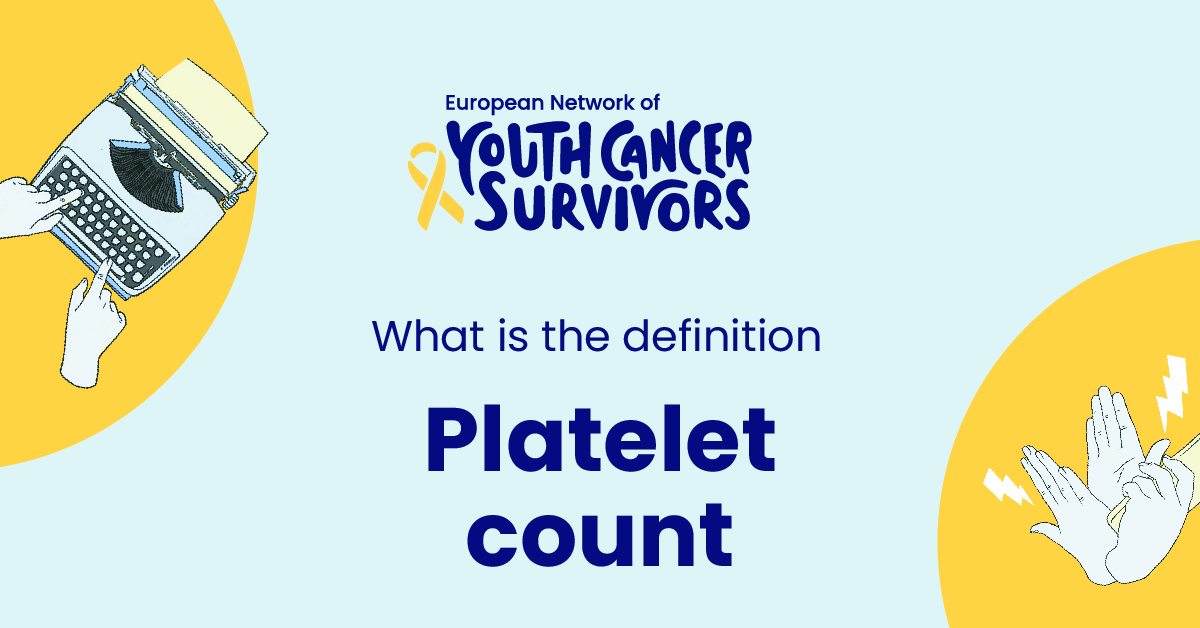
In any discussion about human health, platelets are likely to make an appearance. They are undeniably important, playing vital roles in various bodily functions – from blood clotting to immune response. This article aims to deepen your understanding of platelets, the importance of monitoring platelet count, and the potential implications of abnormal levels.
Brief Explanation of Platelets
Platelets, also known as thrombocytes, constitute a small fraction of our blood, but their importance is immense. These disc-shaped cell fragments are produced in the bone marrow and are critical for blood clotting, a process essential to stop excessive bleeding in case of injury. Without a sufficient platelet count, the body may struggle to form clots, leading to excessive bleeding and potentially life-threatening situations.
Importance of Platelets in the body
Beyond their clotting roles, platelets also participate in many other biological functions. They contribute to our immune system’s response to infection, aid in the restoration of damaged tissues, and play a part in inflammation, a body’s response to injury or illness. Hence, maintaining an optimal platelet count is essential to overall well-being.
Understanding Platelet Count
Definition of Platelet Count
The platelet count is a measure of the number of platelets in the blood, usually described in units of platelets per microliter of blood. It forms part of the Complete Blood Count (CBC), a common blood test undertaken in clinical practice.
Process of Counting Platelets in the Laboratory
The CBC procedure involves drawing a small volume of blood, typically from a vein in your arm. This blood sample is then analyzed in a lab for different elements, one of them being the platelet count. Advanced machines or manual microscopy may perform the counting.
Get to know us better
If you are reading this, you are in the right place – we do not care who you are and what you do, press the button and follow discussions live

Normal Range of Platelet Count
Factors Affecting Platelet Count
Platelet count can fluctuate based on various factors, including age, gender, overall health, and individual lifestyle. It may also vary in response to certain medications or as a reaction to physical or emotional stress.
Variation in Platelet Count Throughout Life
Platelet counts can change throughout a person’s life due to factors such as an aging immune system, pregnancy, or even the time of the day. However, values within the range of 150,000 to 450,000 platelets/microliter are generally regarded as healthy. Outside this range, suggestive of either thrombocytosis (high count) or thrombocytopenia (low count), medical attention might be required.
Factors Influencing Platelet Count
Diet and Lifestyle Impact on Platelet Count
Eating a balanced diet rich in fruits, vegetables, lean proteins, and whole grains helps maintain a healthy platelets count. Conversely, excessive alcohol, tobacco, and a sedentary lifestyle may adversely affect it.
Physiological Factors Contributing to Increase or Decrease of Platelet Count
Physiological factors like stress, inflammation, infection, or lack of sleep can affect your platelet count. Furthermore, certain medications, like chemotherapy drugs, can result in a significant drop in platelet count.
Diseases Associated with Abnormal Platelet Count
What Happens When Platelet Count is Too High: Thrombocytosis
A high platelet count or thrombocytosis can cause blood clots, leading to stroke, heart attack, or blockage in blood vessels.
What Happens When Platelet Count is Too Low: Thrombocytopenia
On the other hand, low platelet count or thrombocytopenia can lead to excessive bleeding, both externally and internally, and may pose serious health risks.
Risks and Prevention of Diseases Related to Abnormal Platelet Count
Regular blood tests can detect abnormal platelet counts early, enabling timely intervention. In addition, maintaining a balanced diet, regular physical activity, and a stress-free lifestyle can help prevent abnormal platelet count.
Importance of Monitoring Platelet Count
Role of Platelet Count in Diagnosing Health Conditions
As an integral part of CBC, platelet count acts as a vital diagnostic tool for several health conditions like leukemia, anemia, and viral infections. It also aids in the assessment of a person’s overall health status.
Platelet Count in Chemotherapy and Organ Transplant Patients
In chemotherapy patients, monitoring platelet count is crucial as these treatments often lead to a significant drop in the count, resulting in complications. Similarly, transplant patients also require regu…
Conclusion
Recap of the significance of understanding platelet count
The importance of understanding platelets and their count cannot be overstated. Variances in platelet count could signify underlying health conditions or adverse reactions to treatments, making regular monitoring paramount.
Importance of seeking medical advice for abnormal Platelet Count
While diet and lifestyle adjustments can effectively manage minor fluctuations in platelet count, it is critical to seek professional medical advice for consistently abnormal counts. This will ensure that appropriate diagnostic tests are conducted, and necessary treatment plans are developed.
FAQs
1. What does it mean when your platelet count is high?
A high platelet count, or thrombocytosis, could indicate an increased risk of clotting, leading to potentially serious health issues, such as stroke or heart attack. It might also signify an underlying condition like cancer, or be a reaction to specific medications.
2. What food increases platelet count?
Foods rich in vitamins and minerals, such as leafy greens, lean proteins, berries, oranges, and whole grains, can help boost platelet count. Avoiding alcohol and processed foods is also advisable.
3. Can stress cause high platelet count?
Chronic stress can potentially increase platelet count due to the release of stress hormones. This, however, is usually temporary and returns to normal once the stress is managed.
4. What are the symptoms of a low platelet count?
Low platelet count, or thrombocytopenia, can cause easy bruising, excessive bleeding from cuts, prolonged nosebleeds, and heavy menstrual periods. In severe cases, internal bleeding may occur.
5. Can you check your own platelet count at home?
Currently, home tests to check platelet count are not available. A blood test administered by a health professional is necessary to accurately determine platelet count.






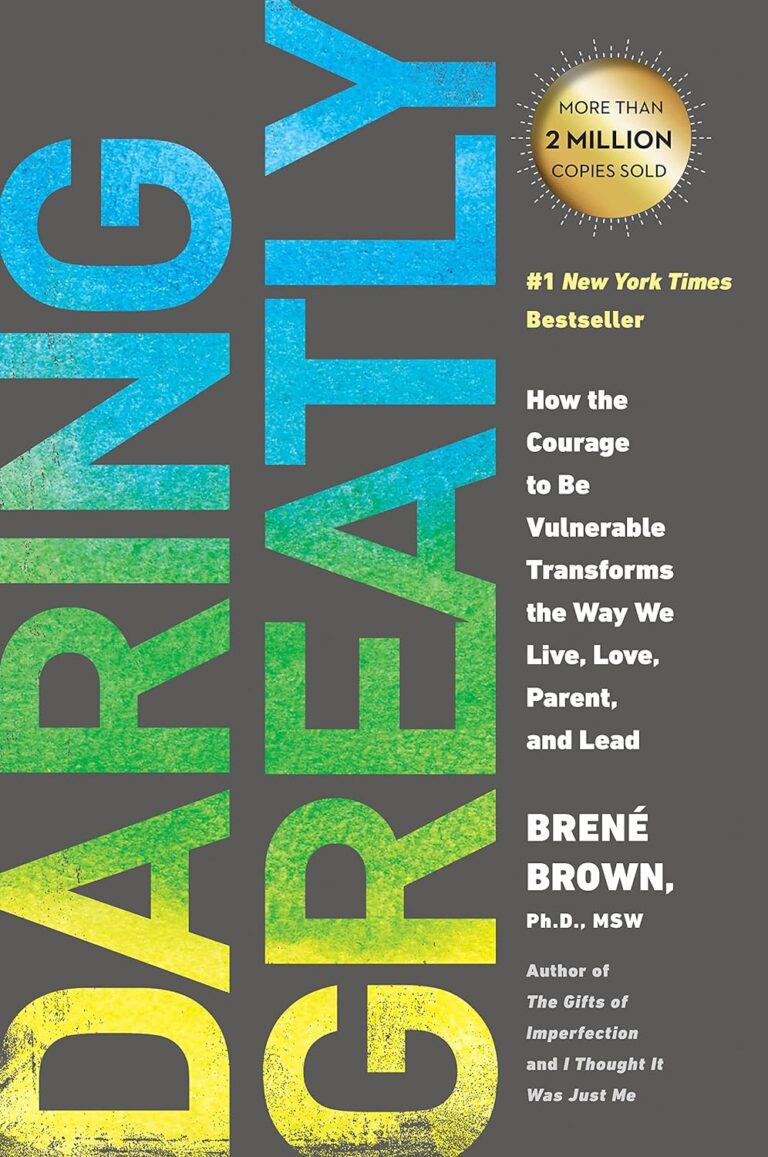
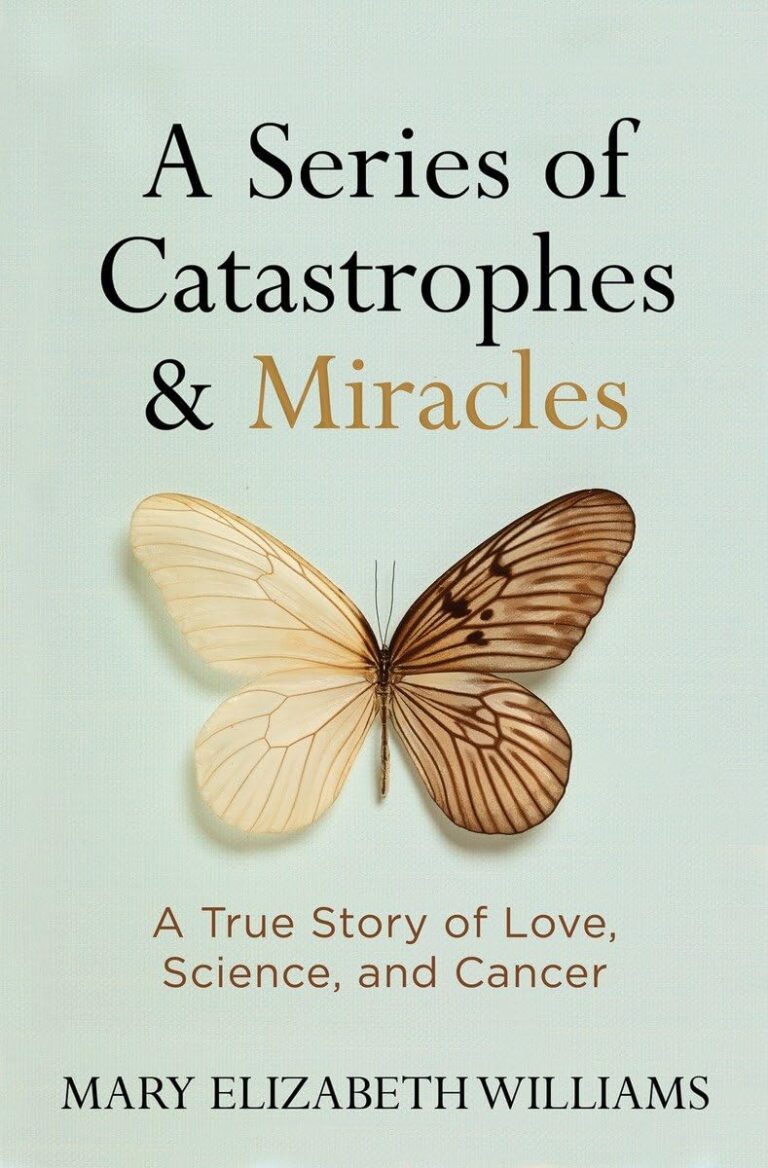
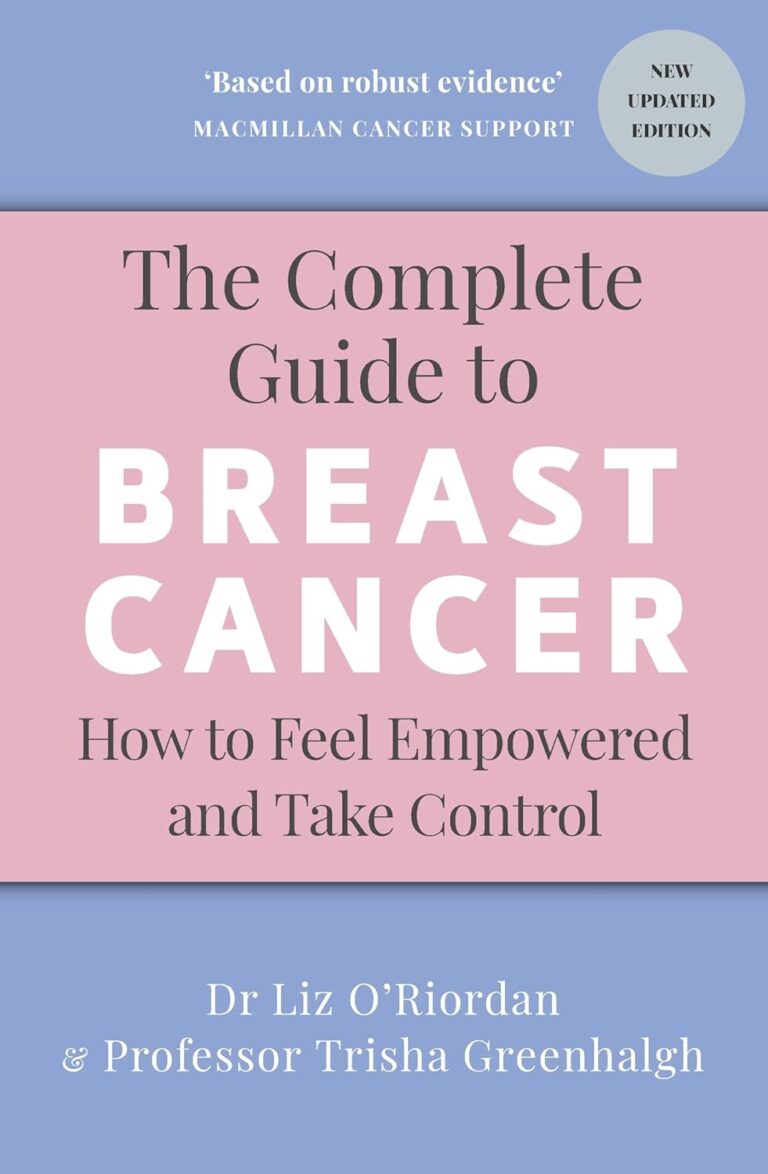

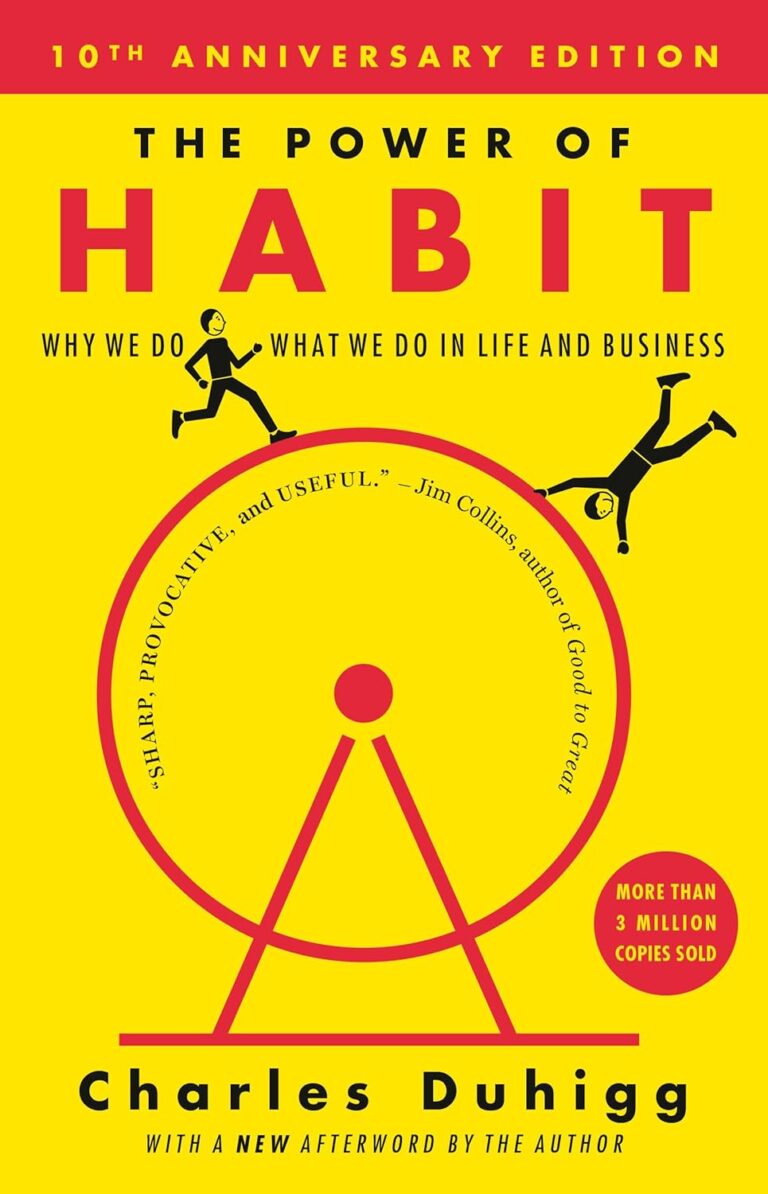






Comments
Thank you. Comment sent for approval.
Something is wrong, try again later